Mango leaves - a forgotten "precious medicine"
If mangoes are loved for their delicious taste and rich nutrition, mango leaves are often overlooked. Few people know that this is a valuable medicinal herb in traditional medicine.
According to traditional medicine, mango leaves have long been used to support the treatment of many diseases thanks to their anti-inflammatory properties, blood sugar regulation, and protection of internal organs. Recently, many modern studies have also begun to confirm the surprising effects of this type of leaf.
Stabilize blood sugar, support diabetics
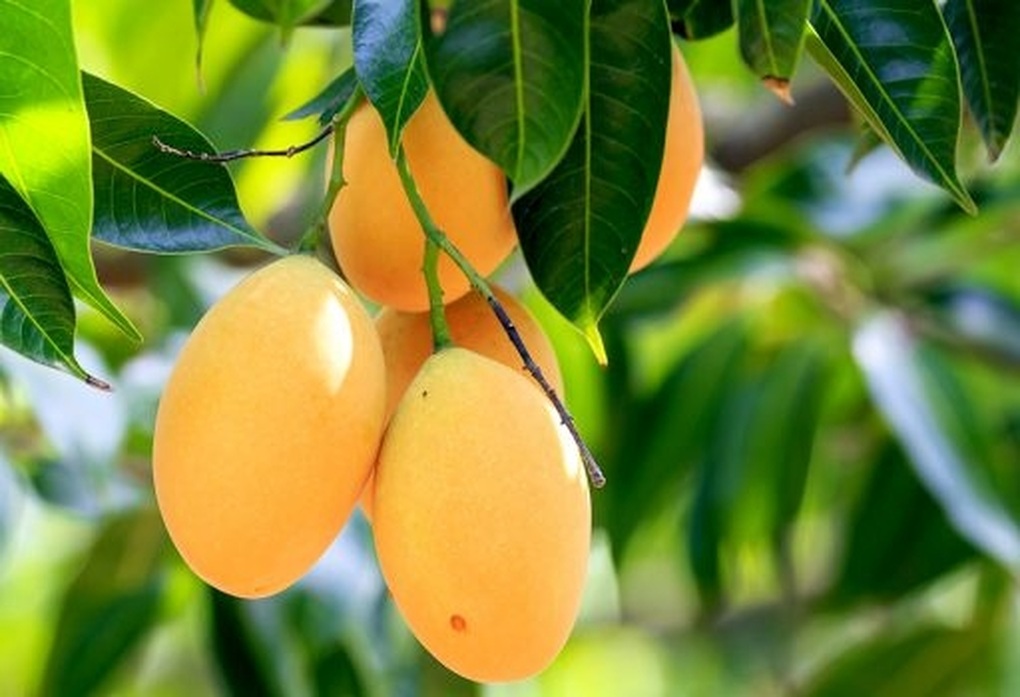
Mango leaves have many health benefits (Photo: Getty).
Most prominent among the uses of mango leaves is its ability to aid in blood sugar control.
Research published in the Journal of Ethnopharmacology shows that mango leaf extract contains the active ingredients mangiferin and anthocyanins that can reduce oxidative stress, protect pancreatic beta cells, which produce insulin, thereby improving the body's ability to metabolize glucose.
Another compound, corosolic acid, helps stimulate the liver to produce glycogen, which helps stabilize blood sugar after meals. At the same time, the fiber content in mango leaves also helps slow down the absorption of sugar in the small intestine, reducing the risk of sudden increases in blood sugar.
Good for the heart, reduces blood fat, stabilizes blood pressure
Not only beneficial for people with diabetes, mango leaves also bring clear benefits to the cardiovascular system. Thanks to containing many polyphenols, vitamin C, and potassium, mango leaves help increase the elasticity of blood vessels, reduce the formation of atherosclerotic plaques, thereby preventing diseases such as high blood pressure, stroke, and myocardial infarction.
A study in Phytotherapy Research showed that mango leaf extract helps reduce LDL (bad) cholesterol, increase HDL (good), and improve blood lipid index after 12 weeks of use in overweight people.
Supports weight loss, improves metabolic syndrome
In an experiment published in Obesity Research & Clinical Practice , a group of overweight volunteers who took 150 mg of mangiferin daily for 12 weeks had a significant reduction in insulin resistance and improved blood lipid levels compared to the control group.
Mango leaf extract not only reduces fat accumulation but also increases adiponectin - a protein that plays an important role in sugar and fat metabolism, thereby supporting weight control and preventing metabolic syndrome.
Support digestion, detoxify the body
Mango leaf decoction is considered a “stomach tonic” in folk medicine, which can help prevent bloating, indigestion, stomach pain and digestive disorders. The polyphenols in mango leaves also help fight bacteria, support detoxification, and enhance liver function.
Helps prevent kidney stones and gallstones
Mango leaves contain high levels of citric acid, which can dissolve the minerals that form stones. Combined with the diuretic properties of potassium, these leaves help naturally eliminate small stones through the urinary tract, while also preventing the re-formation of stones.
Many folk remedies use dried mango leaves, ground into powder and taken daily to help treat kidney stones. However, patients should consult a doctor before using.
Protect skin, hair and anti-aging
Mangiferin in mango leaves not only has anti-inflammatory effects but also helps fight free radicals that cause skin aging. Research in the journal Oxidative Medicine and Cellular Longevity confirms that mango leaf extract helps increase collagen synthesis, promote wound healing and reduce wrinkle formation.
Vitamin A and C in mango leaves also help nourish hair, make hair shiny and reduce hair loss. Some herbal skin and hair care products have now started using mango leaf extract as a valuable natural ingredient.
Notes when using mango leaves
You can use young mango leaves by making tea to drink in the morning before meals, using dried mango leaf powder mixed with warm water, or using young mango leaves in dishes.
You can make fresh mango leaf water by following these steps:
- Prepare 10 fresh mango leaves, wash clean.
- Boil mango leaves with 150ml of water and use.
- If fresh leaves are not available, you can use mango leaf tea bags and loose leaf tea.
Although many uses of mango leaves have been initially recognized by science , caution should still be exercised when using them. People with sensitive constitutions, pregnant women, breastfeeding women or those taking medication should consult a doctor before using mango leaves in the form of tea, extracts or folk remedies.
Source: https://dantri.com.vn/suc-khoe/loai-cay-nguoi-viet-thuong-an-qua-khong-ngo-la-lai-la-thuoc-quy-20250903065436866.htm




![[Photo] Politburo works with the Standing Committee of the Party Committee of the Fatherland Front and Central organizations](https://vphoto.vietnam.vn/thumb/1200x675/vietnam/resource/IMAGE/2025/9/4/6f23e5c0f576484bb02b3aad08f9d26a)
![[Photo] Prime Minister Pham Minh Chinh chairs the thematic meeting on law making in August 2025](https://vphoto.vietnam.vn/thumb/1200x675/vietnam/resource/IMAGE/2025/9/4/ba42763cd48e4d7cba3481640b5ae367)



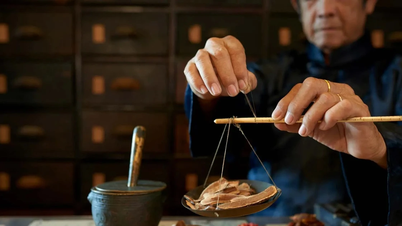



























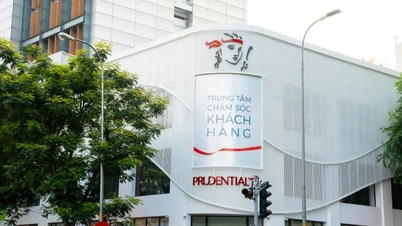



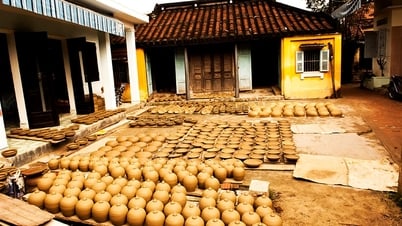













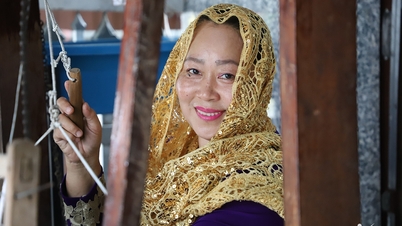



















































Comment (0)